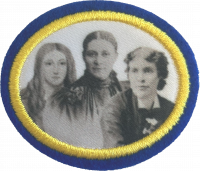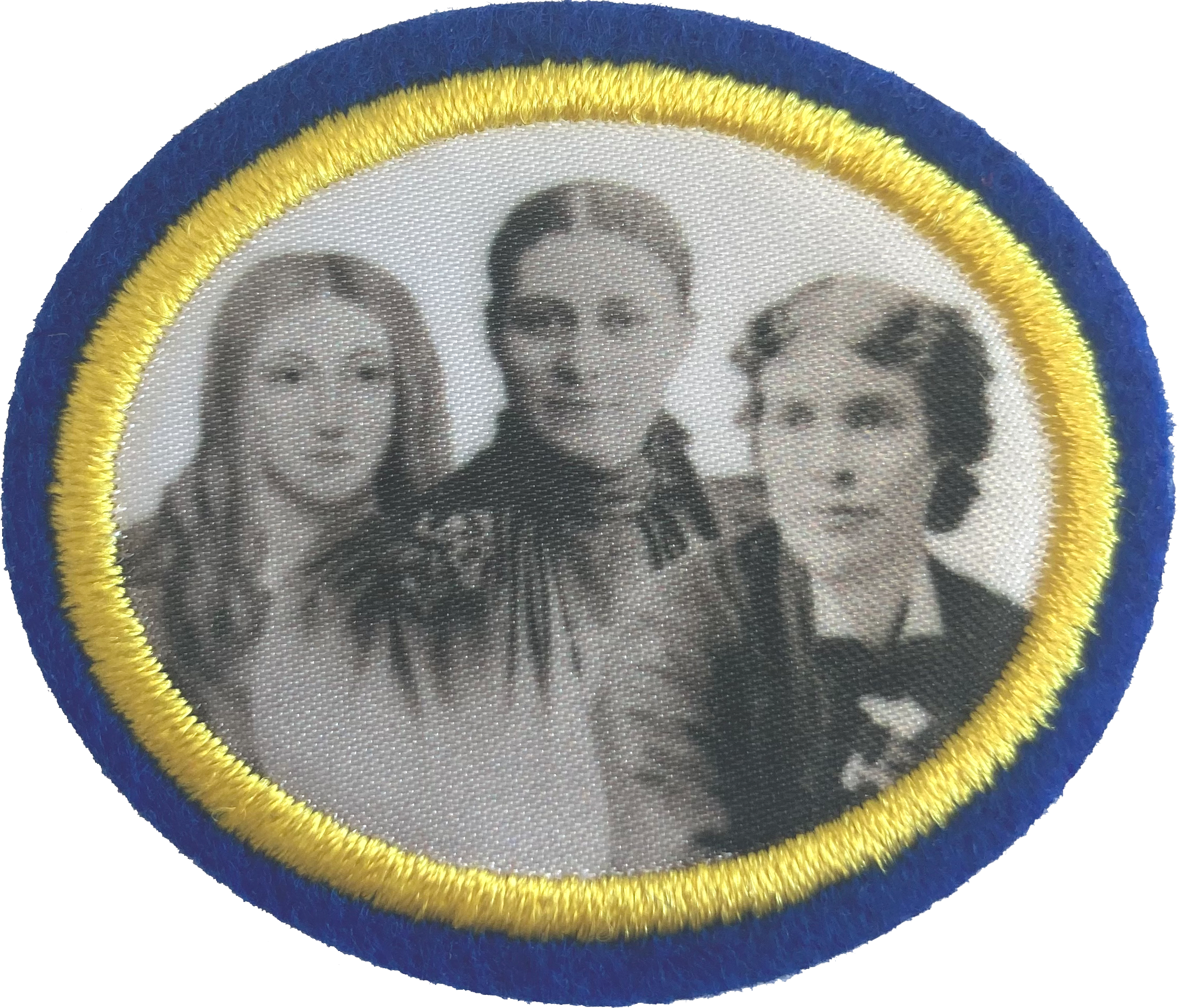AY Honor Women in Adventist History
Skill Level
3
Year
2023
Version
22.02.2026
Approval authority
North American Division
Overview
Women have always been an important part of Christian history and this is especially true in Adventist history. Women were the backbone of the development of Adventism, beginning with the Second Great Awakening, the Millerite movement. One of the three co-founders of the Seventh-day Adventist Church, Ellen G. White, was a woman and there were many influential early Adventist leaders who similarly took a wide range of roles within the fledgling denomination. This honor will help educate the church about the diverse and influential roles of women in our Adventist past.
The Challenging Part
The most challenging requirement of this honor is probably this:
13. Do one of the following as a presentation for an Adventist Youth/Pathfinder/Church meeting, or equivalent (in addition to those researched earlier):
- Create a display of pictures, articles, and resource materials about five significant Seventh-day Adventist women for your local church or school.
- Find three positive examples of women in the Bible and write a one-page review of each story.
- Prepare a sermon about an important female role model in the Bible to be shared, in consultation with your local pastor, with your local church.
- Develop a set of trading cards (minimum 10) featuring influential women from Seventh-day Adventist church heritage.
- Research your local church’s history by reading articles in the old Reviews, Union paper, church board minutes, or old church bulletins or newsletters to discover what leadership roles women have played.
- Pages using DynamicPageList3 parser function
- Has insignia image
- AY Honors/HonorLanding
- AY Honor Categories/Spiritual Growth, Outreach and Heritage
- AY Honors/Spiritual Growth, Outreach and Heritage
- AY Honors/Introduced in 2023
- AY Honors/Skill Level 3
- AY Honors/Approved by North American Division
- Uses HonorLanding Template


